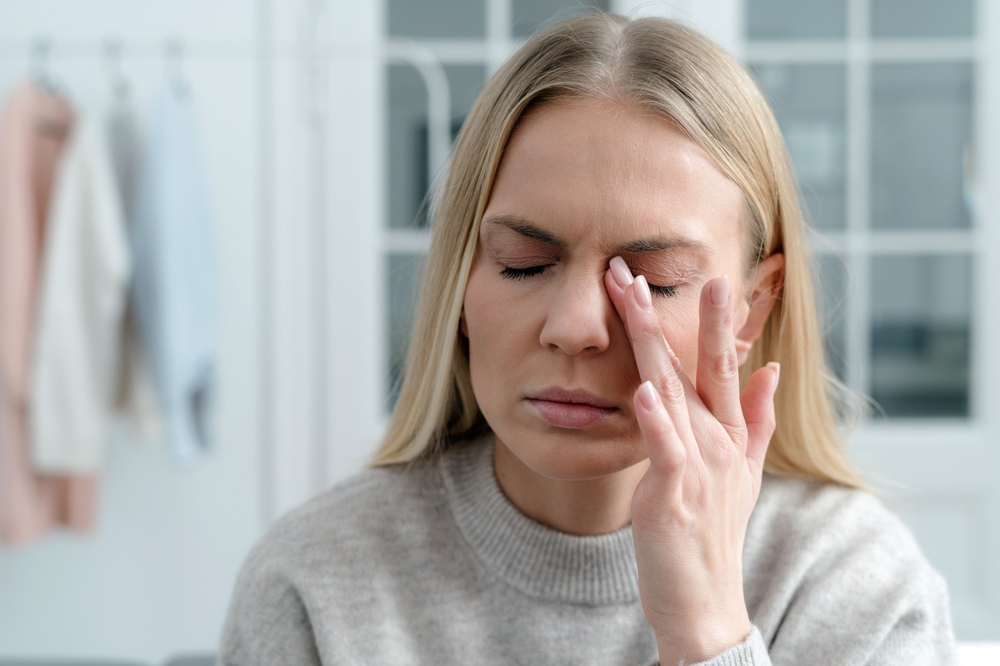How to Handle Eye Emergencies: What to Do and When to Seek Help
Blog:How to Handle Eye Emergencies: What to Do and When to Seek Help

How to Handle Eye Emergencies: What to Do and When to Seek Help
Eye emergencies can happen unexpectedly, and it's crucial to know how to respond quickly and effectively. By understanding the signs and symptoms of common eye emergencies, knowing what steps to take, and recognizing when to seek professional medical care, you can take the necessary measures to safeguard your vision and maintain optimal eye health.
Understanding the Importance of Urgent Eye Care
Eye emergencies can range from minor irritations to serious, vision-threatening conditions. Prompt and proper treatment is essential to prevent further damage, preserve your eyesight, and avoid potentially life-altering consequences.
Common Eye Emergencies and What to Do
Foreign Object in the Eye
If you have a foreign object, such as dirt, sand, or a small piece of debris, in your eye, do not rub it. Gently flush your eye with clean, lukewarm water for 15-20 minutes. If the object doesn't dislodge or you experience pain, redness, or vision changes, seek immediate medical attention.
Chemical Exposure
If you've been exposed to a chemical, such as household cleaners, industrial solvents, or acids, immediately flush your eye with clean, running water for at least 15 minutes. Seek medical attention as soon as possible, as chemical exposure can cause severe and potentially permanent damage.
Eye Injuries
In the event of a blunt or penetrating eye injury, avoid touching or applying pressure to the affected eye. Cover it gently with a clean, dry cloth and seek emergency medical care immediately.
Sudden Vision Loss
Sudden vision loss can be a sign of a serious condition, such as a retinal detachment or optic nerve damage. If you experience sudden vision changes, including blurred vision, double vision, or complete vision loss, seek emergency medical attention without delay.
Eye Infections
Symptoms of eye infections, such as redness, swelling, discharge, or pain, should be evaluated by an eye care professional. Avoid touching or rubbing the affected eye, and refrain from using over-the-counter eye drops without a doctor's recommendation.
Floaters and Flashes
Sudden increase in the number of floaters or the appearance of flashes of light in your vision may indicate a retinal tear or detachment. While not all floaters and flashes are an emergency, it's essential to have them evaluated by an optometrist or ophthalmologist.
When to See an Optometrist for an Eye Emergency
It's crucial to know when to seek immediate medical attention for an eye emergency. If you experience any of the following symptoms, contact your optometrist as soon as possible:
• Sudden vision loss or changes
• Severe eye pain or discomfort
• Sudden increase in floaters or flashes of light
• Redness, swelling, or discharge from the eye
• Trauma or injury to the eye, including foreign objects
• Chemical exposure or burns to the eye
Prompt diagnosis and treatment can make a significant difference in the outcome and your long-term eye health.
Diagnosing and Treating Eye Emergencies
Accurate diagnosis and appropriate treatment are crucial for managing eye emergencies effectively. Attempting to self-diagnose or treat a serious eye condition can lead to further complications and potentially irreversible vision loss. By seeking the care of an optometrist, you can ensure that your condition is properly identified and that you receive the appropriate treatment, which may include medication, surgery, or other specialized interventions.
Preventing Eye Emergencies
While some eye emergencies are unavoidable, there are steps you can take to reduce the risk and protect your vision:
· Wear protective eyewear, such as safety glasses or goggles, when engaging in activities that pose a risk of eye injury, such as sports, home improvement projects, or work-related tasks.
· Properly store and handle household chemicals and cleaning products to prevent accidental exposure.
· Maintain good hygiene, including regular handwashing, to prevent the spread of eye infections.
· Schedule regular comprehensive eye exams with your optometrist to identify and address any underlying eye health issues.
Taking Immediate Action for Eye Emergencies
Eye emergencies require prompt and decisive action to prevent potentially devastating consequences. By understanding the signs and symptoms of common eye emergencies, knowing what steps to take, and recognizing when to seek professional medical care, you can take the necessary measures to safeguard your vision and maintain optimal eye health.
If you're experiencing an eye emergency, contact Texas State Optical to schedule an immediate appointment. We are dedicated to providing the highest level of urgent eye care and ensuring the best possible outcome for your vision. Visit our office in Texas City, Texas, or call (409) 202-6984 to book an appointment today.


